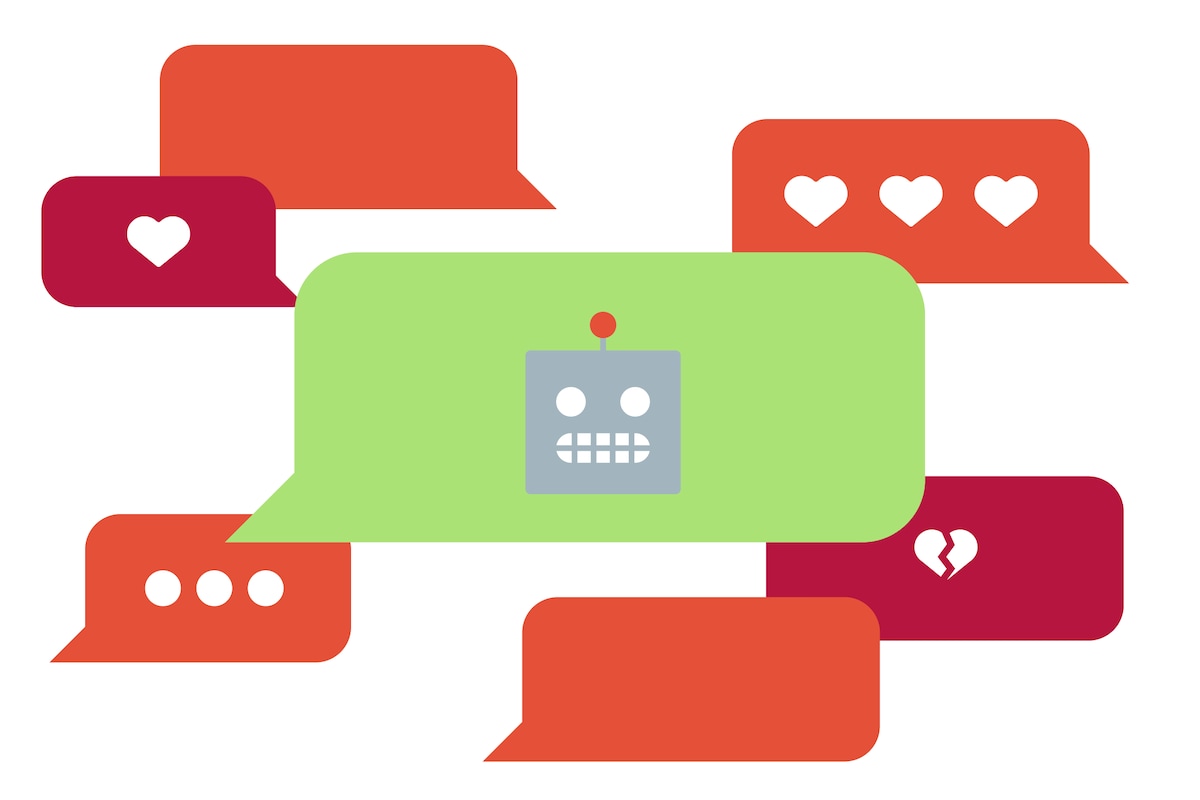Large language models, such as those developed by AI companies like OpenAI, have revolutionized communication but struggle to emulate expressive writing effectively. While AI has become ubiquitous in various tasks, its ability to mimic human emotions and nuances falls short in many cases. The distinction between human and AI-generated content is often discernible, especially in emotional contexts like breakup conversations.
In a technical evaluation, GPT-4 performed well on most standardized tests but scored lower in language and literature assessments, indicating limitations in creative writing abilities. The lack of depth and emotional resonance in AI-generated text is evident, highlighting the challenges in replicating human creativity and empathy.
Experts emphasize the irreplaceable role of human interaction in sensitive matters like relationship communication. Despite advancements in technology, the unique complexities and evolving nature of human emotions necessitate human counselors or coaches for genuine support and understanding.
While AI may offer convenience in certain aspects, like composing messages or structuring information, it still lags behind in capturing the depth and authenticity of human connections. The use of AI chatbots for delicate tasks like breakup messages is viewed with caution, as genuine and transparent communication is essential in such situations.
In conclusion, the integration of AI in communication processes should be approached thoughtfully, recognizing the value of authenticity and empathy in human interactions. As technology evolves, maintaining a balance between efficiency and emotional intelligence remains crucial for meaningful communication experiences.










